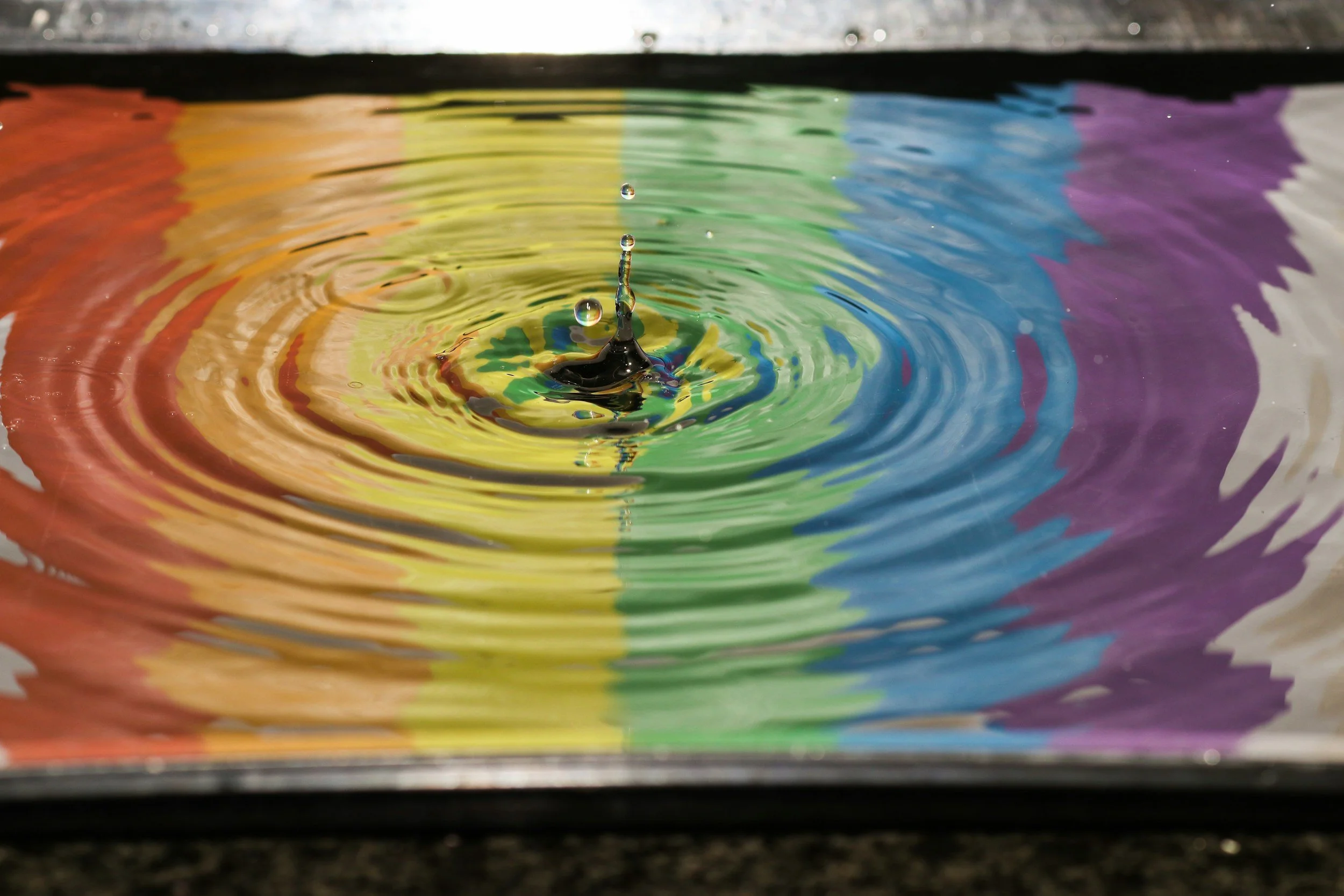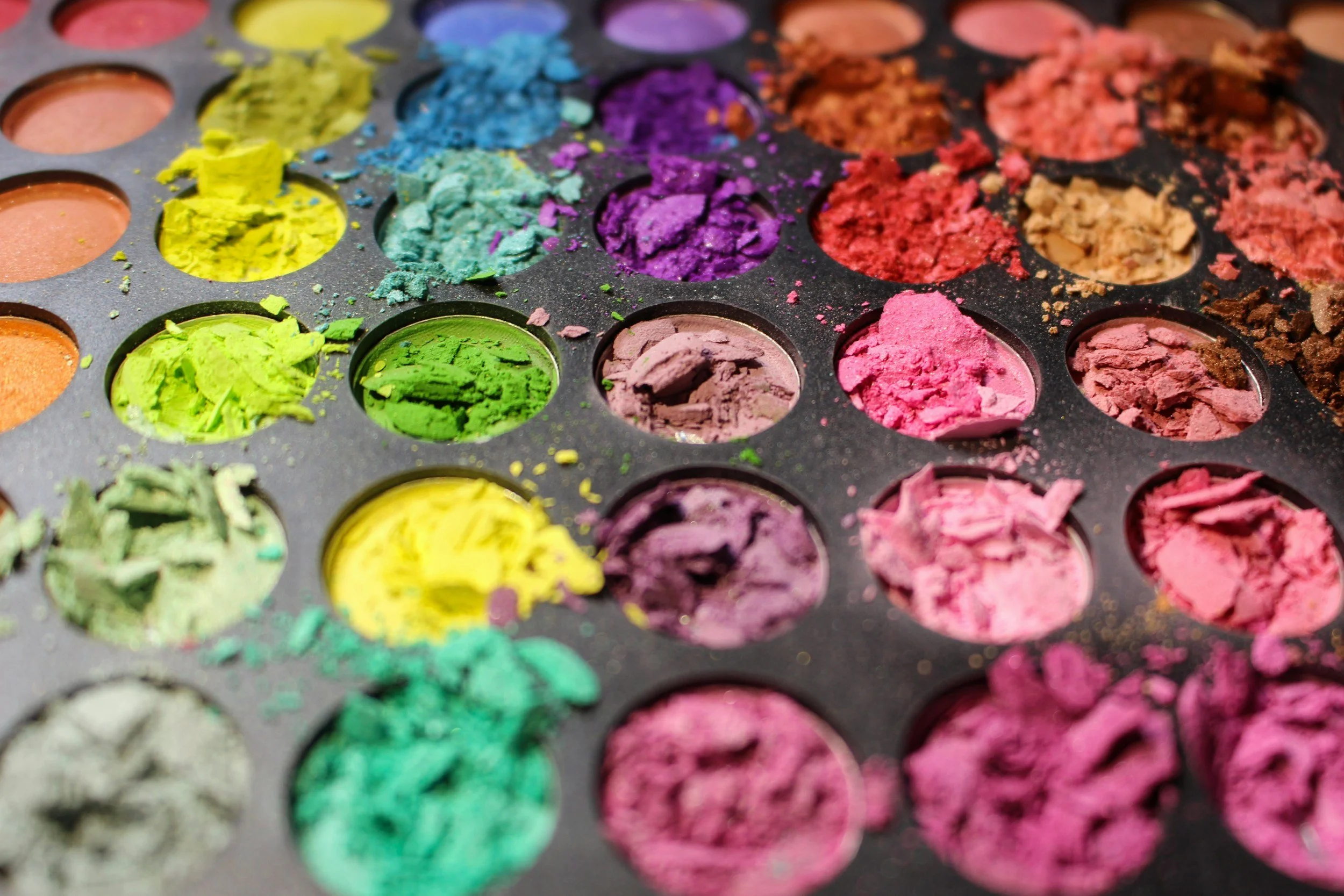by Tiffany Hooton, LMFT
It seems that every day the ongoing trainwreck that is the current sociopolitical landscape brings me one uneasy step closer to embracing Doomerism - which, if you’ve been lucky to avoid the word, refers to an excessively pessimistic and fatalistic worldview. This may seem a somewhat problematic position for someone working in the mental health field, who is, ostensibly, tasked with assisting others to climb out of their own despair, anxiety, and doubt, but it nonetheless brings into sharp focus the various moral, ethical, and existential dilemmas many of us are grappling with on daily basis:
How do we continue living in an environment that appears to be fundamentally hostile to life? How do we reconcile a belief in human rights and dignity with the reality that a portion of everything you earn funds the very bombs used to destroy the lives of innocent people abroad? How do we protect the communities we care about when we ourselves are powerless? How do we behave morally while engaging in an immoral system?
And, while I certainly don’t know the answer to those questions, I do know that these are moments which challenge us - to reflect, to listen, to act. For people who find themselves frustrated with injustice, mired in feelings of powerlessness, and fearful of the future, this can mean slowing down, learning to regulate their emotions, and getting connected with their values. Below, I’ll share a few tools to do just that:







